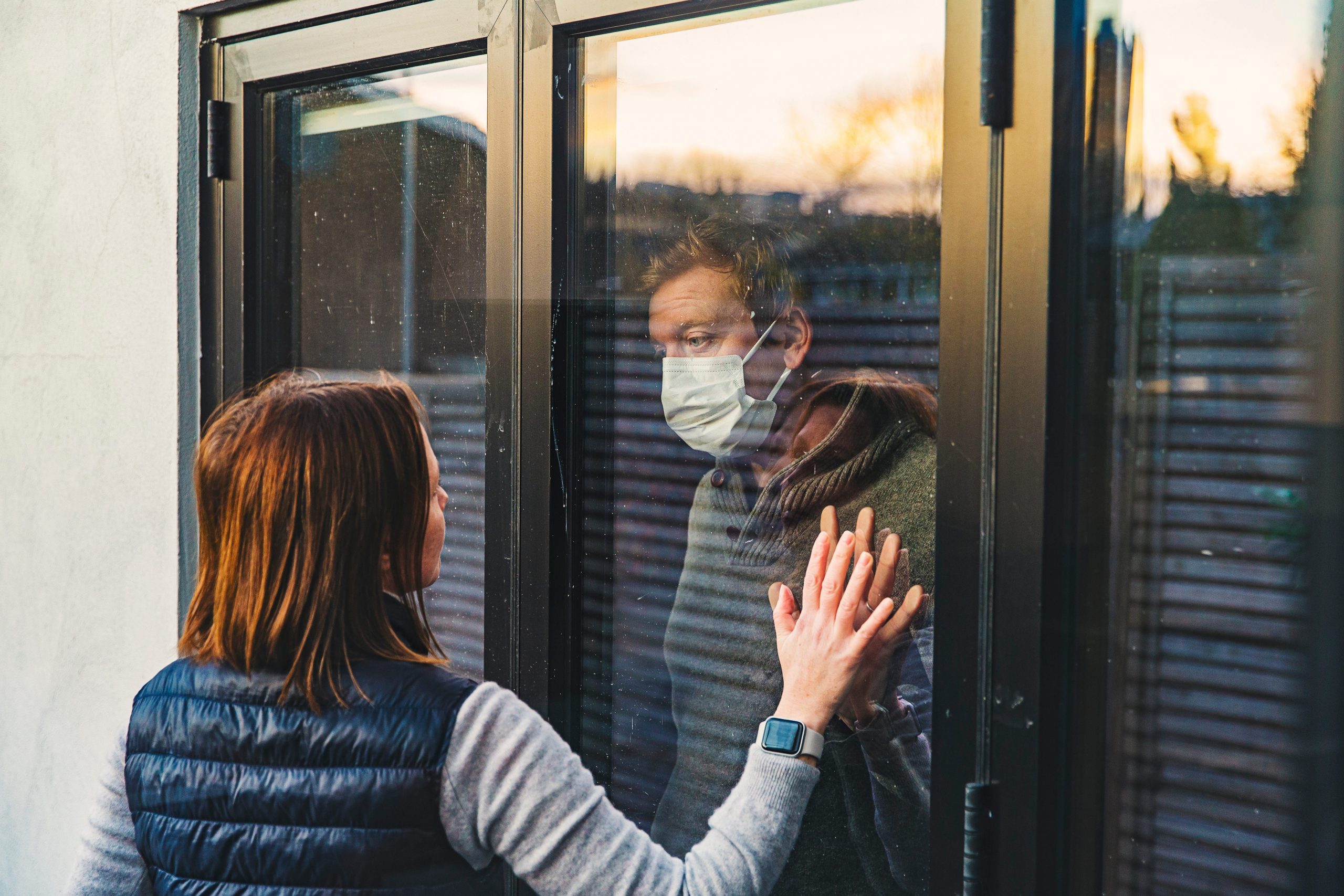- The majority of the country is under a stay-at-home order which asks residents to only go out for essential services like buying food and medicine.
- Unacast, a location and data analytics firm, analyzed how well states are handling social distancing.
- Unacast utilized anonymous location services data enabled in games and shopping apps already downloaded onto millions of American smartphones.
- Each state was assigned a letter grade based on its population’s decrease in average distance traveled- states with a 40% decrease receive an A while states with less than a 10% decrease receive an F.
- As of March 30, 13 states scored As and one state – Wyoming – scored an F. Most high-scoring states are under stay-at-home orders.
- Business Insider ranked the highest-scoring states.
- Visit Business Insider’s homepage for more stories.
Social distancing has been recommended by the CDC as the best way to slow the spread of the coronavirus.
Social distancing, according to Johns Hopkins Medicine, consists of “deliberately increasing the physical space between people to avoid spreading illness,” which includes staying at least six feet away from other people, the canceling of events, and working from home if possible.
President Donald Trump extended nationwide social distancing guidelines until at least April 30, and three-quarters of all Americans are already under a local government-mandated stay-at-home order.
Some states are handling social distancing better than others, like Hawaii and Massachusetts.
Unacast, a location data and analytics firm based in New York, launched a live Social Distancing Scoreboard last week that maps how well states are social distancing.
Unacast used location services data from games and shopping apps already downloaded onto millions of Americans phones to determine the total distance people are traveling now versus the typical total distance traveled in pre-coronavirus times.
The method of data collection is legal, with users of third-party apps consenting to the sharing of their location data. The third party apps then partner with Unacast, which insists on high privacy standards.
Each state is assigned a letter grade based on how the state's population decreased its average distance traveled, and thus its everyday behavior. States with populations that exhibited a 40% decrease in the average distance traveled were assigned a grade of A, while those that exhibited less than 10% decrease were assigned an F.
As of March 30, only Wyoming scored an F. Here are the states that received an A, ranked in ascending order. All of the states on the list, except for Nevada, are under statewide stay-at-home orders.
T13. California's population exhibited a 40% decrease in its average distance traveled.

Source: Unacast
T13. Connecticut's population exhibited a 40% decrease in its average distance traveled.

Source: Unacast
T13. Washington's population exhibited a 40% decrease in its average distance traveled.

Source: Unacast
T10. Rhode Island's population exhibited a 41% decrease in its average distance traveled.

Source: Unacast
T10. Alaska's population exhibited a 41% decrease in its average distance traveled.

Source: Unacast
8. Colorado's population exhibited a 42% decrease in its average distance traveled.

Source: Unacast
7. Vermont's population exhibited a 43% decrease in its average distance traveled.

Source: Unacast
6. Michigan's population exhibited a 44% decrease in its average distance traveled.

Source: Unacast
5. New York's population exhibited a 45% decrease in its average distance traveled.

Source: Unacast
4. New Jersey's population exhibited a 46% decrease in its average distance traveled.

Source: Unacast
3. Massachusetts' population exhibited a 47% decrease in its average distance traveled.

Source: Unacast
2. Nevada's population exhibited a 50% decrease in its average distance traveled.

Source: Unacast
1. Hawaii's population exhibited a 56% decrease in its average distance traveled.

Source: Unacast
Do you have a personal experience with the coronavirus you'd like to share? Or a tip on how your town or community is handling the pandemic? Please email [email protected] and tell us your story.

